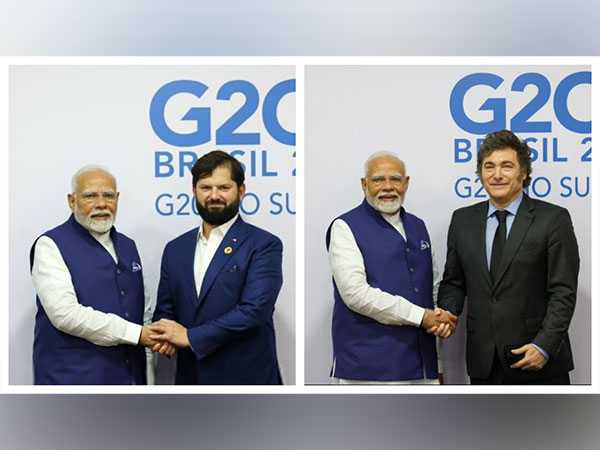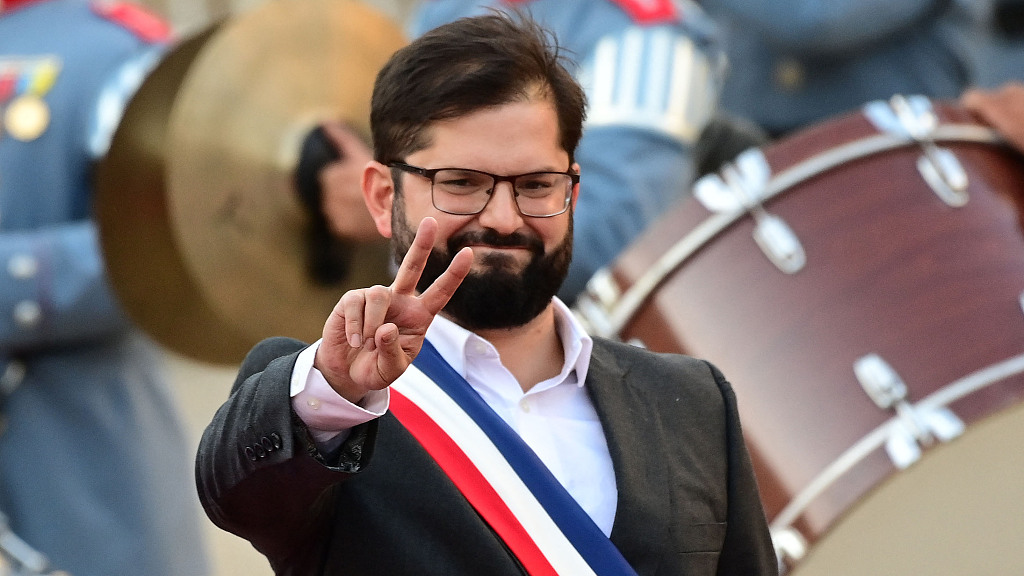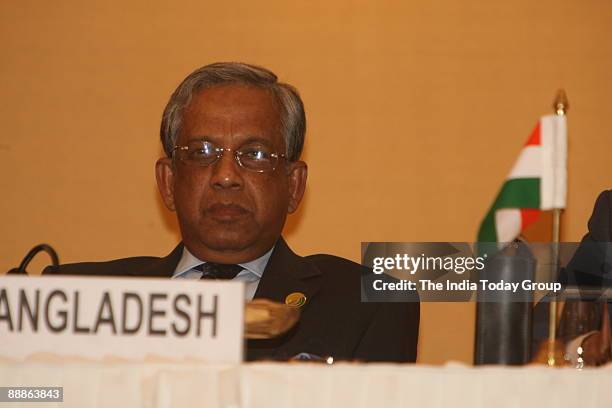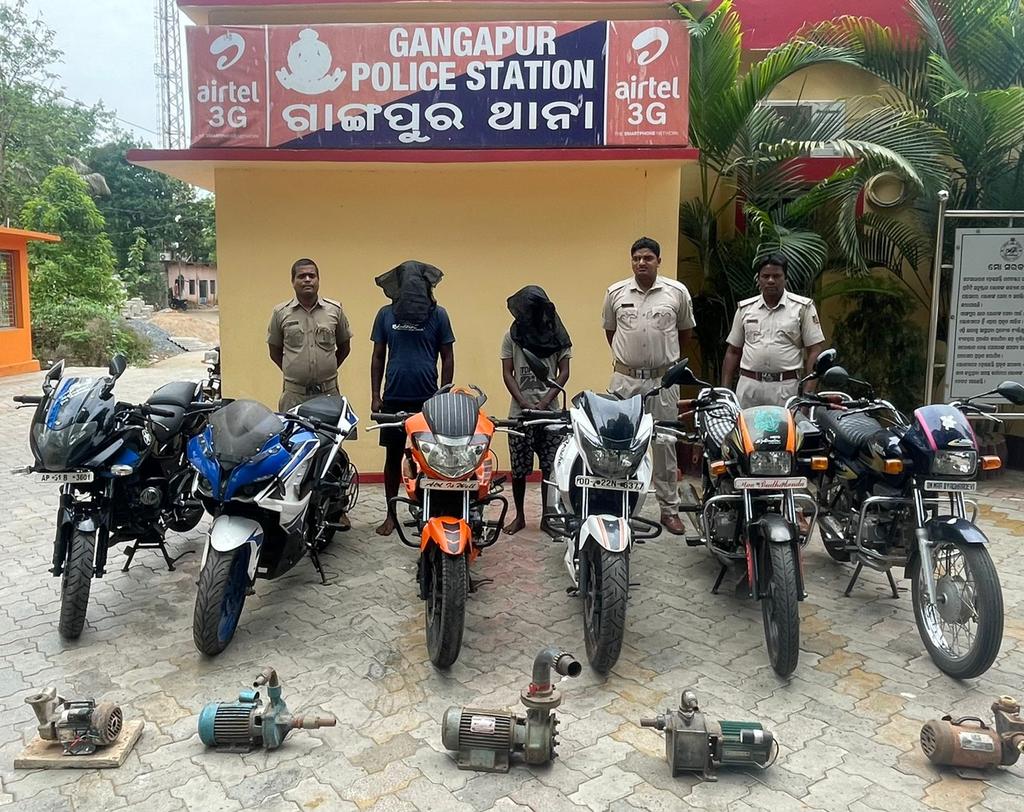


Taimur Tariq, a Pakistani native who married Sreeja and now resides in Puthuppally, celebrated India's 78th Independence Day with a unique sense of joy and connection. It was the first time Taimur celebrated the occasion in India, having previously celebrated in Dubai with both Indian and Pakistan celebrating days. He and Sreeja, who have been married for 14 years, marked the special day together with family and friends.
Celebrating Independence with Cross-Border Bonds: Taimur Tariq's Unique Journey
Background
Taimur Tariq, a Pakistani native, made headlines when he celebrated India's 78th Independence Day in the small town of Puthuppally in Kerala. This was a particularly poignant moment, as it marked the first time Taimur, who married an Indian woman named Sreeja, observed the occasion in India.
Taimur and Sreeja's cross-cultural union has been met with both challenges and opportunities. After meeting in Dubai, they faced opposition from both their families due to religious differences. However, their love triumphed, and they eventually moved to India to start a new chapter in their lives.
Celebrating Independence
This Independence Day, Taimur and Sreeja marked the occasion with a sense of joy and unity. They celebrated with family and friends, sharing meals, singing patriotic songs, and hoisting the Indian flag.
For Taimur, it was a moment of deep connection to his wife's culture and a sense of pride in the country where he has made his home. He expressed his gratitude for the warm welcome he has received from the Indian community.
FAQs
1. Why did Taimur Tariq celebrate India's Independence Day? Answer: Taimur Tariq celebrated India's Independence Day as a mark of his love and connection to his wife's culture and the country where he now resides.
2. How has Taimur's relationship with his wife impacted his view of India? Answer: Taimur's marriage to an Indian woman has given him a deeper understanding and appreciation of Indian culture and customs.
3. What challenges has Taimur faced as a Pakistani living in India? Answer: Taimur has faced some initial opposition from both his and his wife's families due to religious differences. However, he has also received overwhelming support and acceptance from the Indian community.
4. How does Taimur feel about the political tensions between India and Pakistan? Answer: Taimur has expressed a desire for peace and harmony between the two countries, emphasizing that love and human connection transcend political boundaries.
5. What are Taimur's hopes for the future? Answer: Taimur hopes to continue building bridges between India and Pakistan through his cross-cultural marriage and to contribute to a more peaceful and united world.

Indian Prime Minister Narendra Modi welcomed Chilean President Gabriel Boric at Hyderabad House in New Delhi. The two leaders discussed ways to strengthen the already "strong" bilateral ties between the two countries. President Boric also paid tribute to Mahatma Gandhi at Raj Ghat, emphasizing the shared fundamental values between India and Chile. This is President Boric's first visit to India since taking office and he is accompanied by a high-level delegation of ministers, officials, media, and prominent Chileans.

Chilean President Gabriel Boric is set to begin a five-day state visit to India on Tuesday, at the invitation of Prime Minister Narendra Modi. The visit will focus on reviewing bilateral ties and discussing international issues of mutual interest, with meetings scheduled between Boric and Modi, as well as President Droupadi Murmu. Additionally, Union Finance Minister Nirmala Sitharaman will launch a portal providing comprehensive data on socio-economic and fiscal parameters of Indian states, while the Supreme Court is scheduled to hear a plea challenging the validity of a provision of the Places of Worship (Special Provisions) Act, 1991.

NASA astronaut Sunita Williams has announced her plans to visit India and meet the Indian Space Research Organisation (ISRO) team during her trip. Williams, who has Indian roots, shared her excitement about returning to her father's home country and expressed admiration for India's beauty from space. She also mentioned her interest in the upcoming ISRO mission and its Indian astronauts.

Bangladesh Chief Adviser Muhammad Yunus recently visited China and urged Beijing to extend its economic influence to the country, mentioning that India's northeastern states being landlocked could be seen as an opportunity. The remark, made during Yunus' trip, has sparked controversy on social media. Yunus also called Bangladesh the only guardian of the ocean in the region, and stated that this could be a huge opportunity for China to extend its economy.

During an Eid al-Fitr prayer speech, Turkish President Recep Tayyip Erdogan used strong language, calling for the destruction of Israel. He also referred to Allah as "al-Qahhar" and wished for mercy upon martyrs and a speedy recovery for veterans. In his nationwide holiday message, Erdogan criticized the ongoing violence in Gaza and called for action from Western countries. Israel's Foreign Minister Gideon Sa’ar responded to Erdogan's statements, condemning him as antisemitic and dangerous to the region and his own people.

Inspector Rakesh Tripathi and his team were met with hostility from villagers during a motorcycle recovery operation in Telenga village, Odisha. The suspects managed to escape, prompting an intensified manhunt from authorities. The incident illustrates ongoing tensions within local communities and the need for cooperation to ensure justice is served.

The Arab countries of UAE and Saudi Arabia have officially declared the start of Eid-ul-Fitr today, concluding the holy month of Ramadan. In India, Eid is likely to be celebrated tomorrow, with the exact date depending on the sighting of the crescent moon. As families and friends come together to celebrate, here are some WhatsApp messages to share with loved ones.

After a month of fasting during Ramadan, the crescent moon has been sighted in Saudi Arabia, signaling the end of the holy month. Muslims living in Gulf countries will celebrate Eid-ul-Fitr on March 30, 2025 with traditional prayers, charity, gift-giving, feasting, and visiting relatives. More than just a religious holiday, Eid ul Fitr is a celebration of love, gratitude, and family unity that Muslims around the world look forward to every year.

In response to two devastating earthquakes hitting Myanmar, India has launched ‘Operation Brahma’ to send 15 tonnes of relief material. The aid was transported by an Indian Air Force C-130J aircraft and includes tents, blankets, food packets, and essential medicines. Indian Prime Minister Narendra Modi offered assistance and External Affairs Minister Dr S Jaishankar shared visuals of the aid arriving in Yangon. India acted as a “first responder” to assist the people of Myanmar in the aftermath of the natural disaster.

In British Columbia, a young woman's marriage to a member of an India-based "cult group" has been annulled by a judge, who ruled that she did not truly consent to the 2023 wedding. The woman claimed to have been manipulated and overwhelmed by the man and his family's constant advances, which even included bringing a religious gift to her workplace. The ruling sheds light on the often-hidden issue of forced marriages in certain religious communities and the legal recourse available to those who have been coerced into marriage.